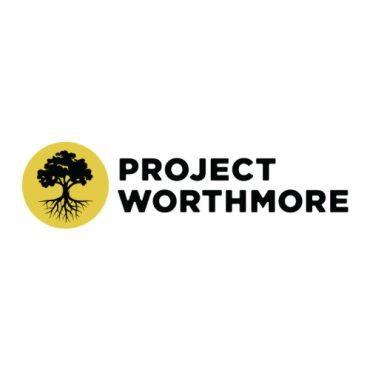People searching for biographical facts about well-known people often turn to “Wikipedia” – the online encyclopedia that’s been around since 2001. But like most traditional encyclopedias or history books, Wikipedia has a gender bias. Only 18 percent of Wikipedia biographical pages are about women. As KGNU’s Roz Brown reports, following that discovery, a Boulder woman decided it was time to create a better balance and add pages about influential Boulder women and local people of color.
Featured image: Lucy (Lucile) Berkeley Buchanan Jones, the first African American woman to graduate from the University of Colorado.
-
 play_arrow
play_arrow
Boulder’s “Inclusipedia” Adds Women & People of Color to Wikipedia KGNU News
Megan Moriarty is the community engagement director for the Museum of Boulder. Her job entails research for museum displays. One day she needed information about Mary Rippon who in 1878 became an English professor at CU Boulder. Moriarty then turned to Wikipedia for details.
“I thought, this is weird,” said Moriarty. “I Googled Mary Rippon and what came up was Boulder’s Mary Rippon Amphitheater. It had a Wikipedia page but not Mary Rippon – the first female professor at a major university in the whole country.”
With access to Boulder historical documents Moriarty thought it would be easy to add Boulder movers-and-shakers to Wiki, but discovered many historical accounts were based on primary source documents – such as images or artifacts – something Wiki does not allow.
“So immediately my bubble was burst and I realized the project was going to be a lot harder than I thought.”
Moriarty soon learned that what is needed is a reliable source – a published book, periodical, or an obituary in a newspaper of record such as the New York Times. That’s when her project, Inclusipedia was born, with the goal of adding influential Boulder women and people of color to the free online encyclopedia. She gathered a group of people equally enthusiastic and started by adding Lucile Berkeley Buchanan Jones, the first African American woman to graduate from CU in 1918 with a degree in German. Jones now has her own Wikipedia page, but Moriarty says it was soon obvious many high-achieving women or people of color did not.
“I would Google people and just scream because they didn’t have a page,” said Moriarty. “For example, Penfield Tate, Boulder’s first black mayor didn’t have a page. We identified others like Clela Rorex, the Boulder County Clerk who issued the first marriage license ever to a gay couple in 1975. Also, Alicia Sanchez, a powerful Latina woman in Boulder County, as well as a Native American woman who was a translator between the federal government and Boulder’s Arapaho Tribe. Those were our first selections for inclusion.”
Moriarty ultimately realized that Wiki’s biographical pages are not representative and worried what it could mean for Boulder’s collective history.
“Wikipedia is only as good as information that is added to it,” said Moriarty. “But you have to prove notability to have women and people of color added, which means a lot written needs to have been written about them. And who typically gets written about? White men. So, it’s a problem that we’ve identified but you can’t go back into the past and fix it and I know KGNU also tries to cover stories that don’t get told and if they aren’t told now, they won’t ever be told.”
For more information on the Inclusipedia project contact Moriarty at [email protected].
Inclusipedia is hosting an editing event on Thursday, August 22nd at Galvanize, 1023 Walnut Street in downtown Boulder from 6 to 8 p.m. You can bring your laptop and join other volunteers learning to edit pages to create a more balanced history on Wikipedia.
-
 play_arrow
play_arrow
Boulder’s “Inclusipedia” Adds Women & People of Color to Wikipedia KGNU News
Podcast: Play in new window | Download

















